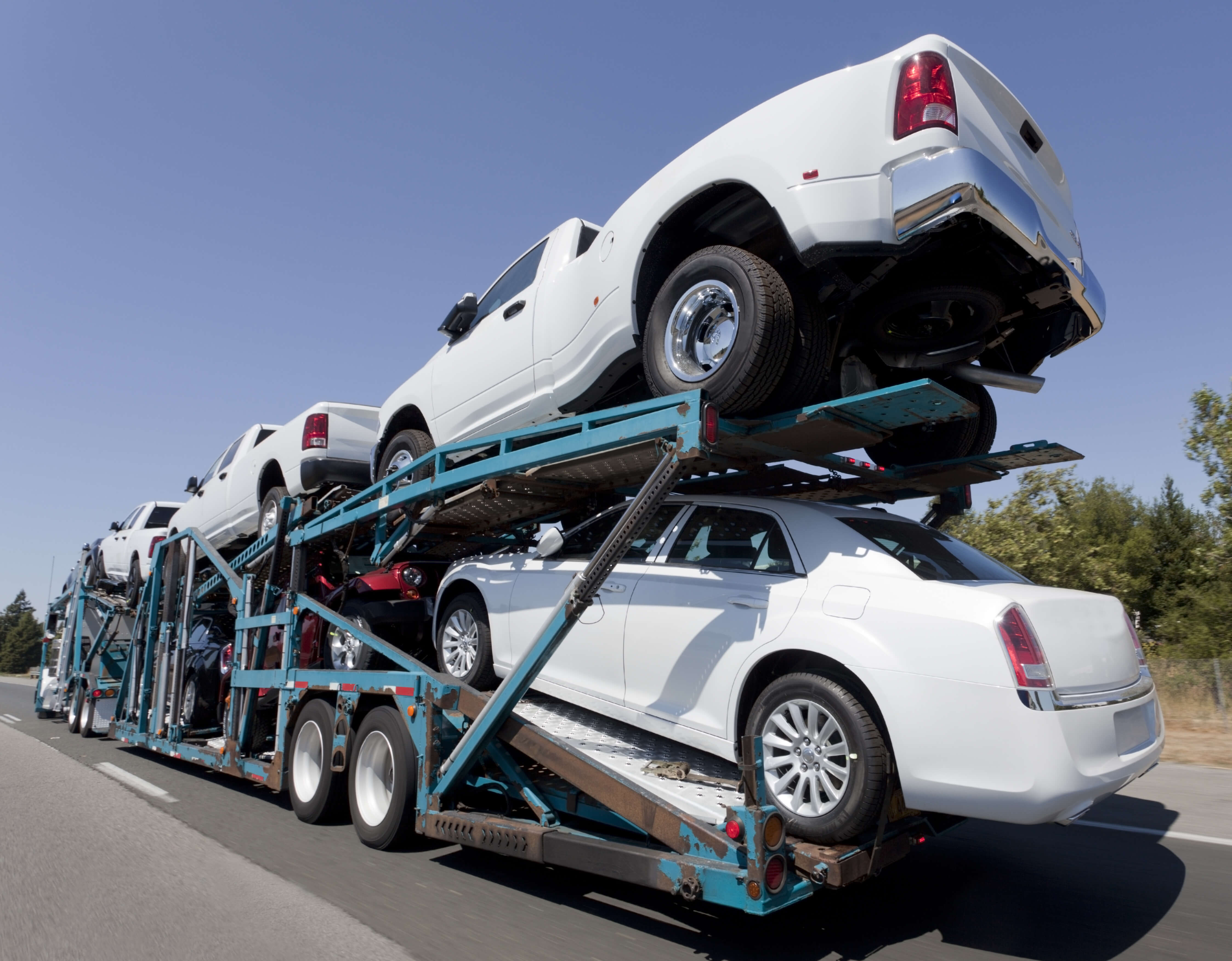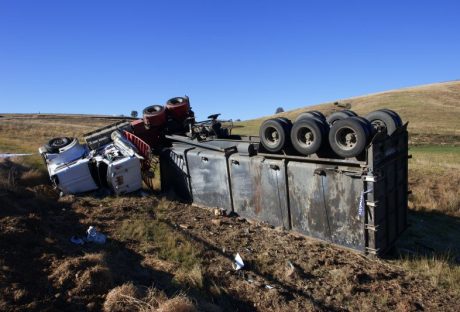Different coverage features are available for commercial truck owners who wish to protect their vehicles. Commercial truck insurance plans also protect your employees. Remember, personal auto policies won’t cover commercial trucks. Here are four things to know when you’re shopping around for the right commercial truck insurance.
1. Commercial Truck Insurance Coverage:
Coverage for commercial truck insurance plans fall under three categories:
- Basic Coverage:
Basic coverage for commercial trucks includes collision and comprehensive protection. Collision insurance covers the cost of the other automobile in an accident wherein you (as the driver of the commercial truck) were at fault. Comprehensive insurance works similarly as collision protection, but this coverage helps cover costs from accidents other than collisions.
- Specialized Coverage:
Companies who wish to add additional protection to their truck insurance policies may opt for specialized coverage. One example is cargo insurance wherein the insurance firm can cover the costs for losses or damages to cargo. The total claimable amount depends on the nature and value of the load.
- Non-Trucking Coverage:
Individual coverage may not directly relate to commercial trucking but may still be reliable in certain situations. Commercial truck coverage may include bobtail, non-trucking liability, occupational accident, and personal item insurance. Here’s a brief description of non-trucking coverage plans:
- Bobtail insurance: Takes effect after the delivery of the package and the vehicle is being driven without cargo.
- Non-trucking liability insurance: Applies when the vehicle isn’t transporting cargo with or without a connected trailer.
- Occupational accident insurance: It covers the operator for accidental death or dismemberment during truck driving.
- Personal item insurance: This coverage covers the full or partial costs of lost or damaged personal items in the commercial truck.
The coverage for the insurance plan can differ depending on the truck. Large vehicles that may be part of the security policy may include:
- Tractor trailers or 18-wheelers
- Garbage trucks
- Tow trucks
- Tank trucks
- Dump trucks
- Automobile haulers
- Flatbed trucks
- Box trucks
2. The Need for a Commercial Truck Insurance:
Commercial truck businesses may need financial help to protect the company’s assets from burdens caused by particular incidents. A commercial truck insurance plan is ideal if your employees are driving vehicles to make deliveries, run errands, or drive people on behalf of the business. You may need coverage for your commercial truck business if you use your firms’ vehicles to:
- Carry equipment
- Transport hazardous material
- Use, carry, or transport heavy construction equipment
- Deliver newspapers
- Deliver retail or wholesale products
Most commercial trucking companies will need basic coverage for their insurance plans. Still, there are certain situations wherein there might be a need for additional coverage. Ask your insurance agent if you may need other features for the insurance policy.
3. Getting Commercial Truck Insurance Quotes:
The values concerning commercial truck insurance varies depending on the truck and nature of the business. These factors may make it difficult to gain a side-by-side comparison for different quotes. Work with your insurance agent to break down individual elements to help you achieve the right insurance policy for your trucking company. To get accurate values for your insurance quotes, your agents may ask you:
- The full names of the employees driving your trucks
- Locations of the truck operations (e.g., construction sites and hard hat areas)
- The commonly delivered packages
- Annual distance traveled in miles of the trucks
Don’t forget to include the driving records of your employees when showing data to your insurance agent. The pieces of information will help you and your agent gathers quotes hoping to give you value from your insurance policy.
4. Commercial Truck Insurance Premiums and Deductibles:
Premiums for commercial truck insurance policies are payable in advance through monthly payments. Insurance companies may allow policyholders to cancel the plan at any time. Cancellation may not affect the credit score, but you need to pay all the premiums before the date of cancellation takes effect. Also, insurance premiums may be higher if the policyholder or the truck’s driver has a bad driving record.
Remember, insurance companies test the level of risk of policyholders. Hence, drivers with recorded accidents may have to pay higher deductibles than a truck operator with a clean driving record.
Commercial truck insurance policies are essential to trucking businesses regardless of size. Commercial truck coverage joins the top things to consider when starting a small trucking company. All insurance policies help you gain peace of mind. It’s best to resist the temptation to cut coverage hoping to reduce costs. Work with a reliable insurance firm to help you see the coverage you need for your trucks and drivers.
Read Also:






















